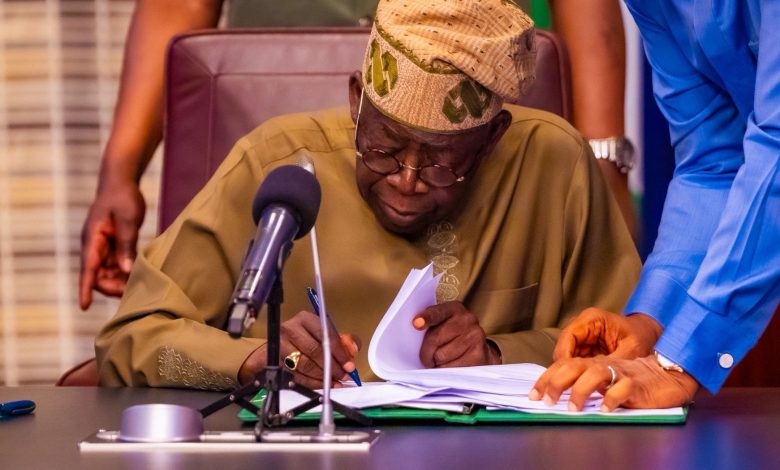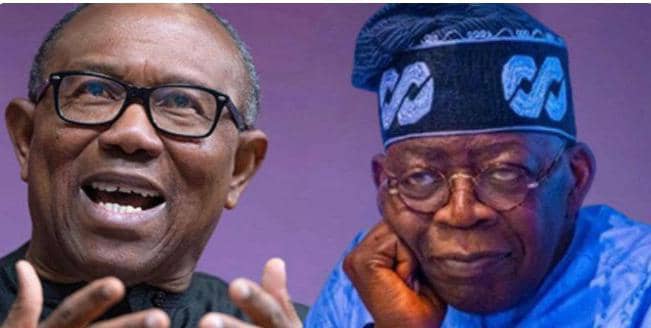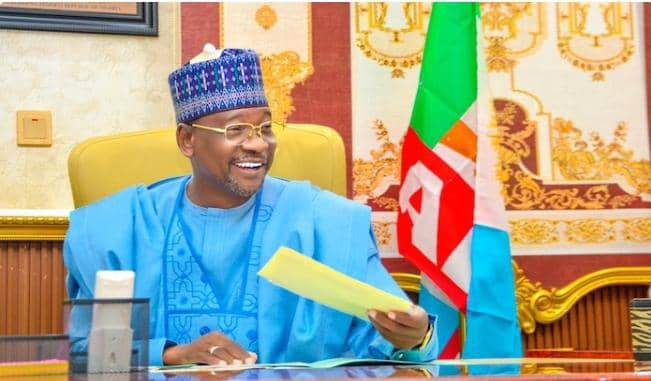Featured
Did Abuja Just Let Go Of Power?

In a bold and transformative shift for Nigeria’s energy sector, the federal government has on Saturday, June 28, 2025, officially relinquished its exclusive grip on electricity, opening the doors for individual states to take control of power generation, transmission, and distribution within their territories.
This major policy overhaul follows the 2024 signing of the Electricity Amendment Bill into law by President Bola Ahmed Tinubu.
The legislation, now formally known as the Electricity Act (Amendment) Bill 2025, marks a new chapter in the country’s long-standing battle with unstable electricity and frequent blackouts.
The key highlight of the new law is its constitutional impact.
Electricity has now been moved from the Exclusive Legislative List, where only the federal government could legislate on it, to the Concurrent List.
This change gives state governments the legal authority to actively shape and manage the electricity sector in their domains.
Speaking during the official signing of the bill, President Tinubu described the move as a game-changer for economic development and energy access in Nigeria.
“This law marks a new era in Nigeria’s energy sector,” Tinubu declared.
“States now have the constitutional authority to provide stable and efficient electricity to their residents, fostering industrialization and job creation.”
The amended Act empowers state governments to issue licenses to private players.
This supposedly allows them to build and operate mini-grids, independent power plants, and other energy-related projects within the state’s borders.
According to the BBC, “The Act gives states the authority to generate, transmit, and distribute power within their borders, shifting control from the federal government to the states.
“It allows states to license private investors to operate mini-grids and power plants within their jurisdiction.”
This decentralization is being widely praised as a necessary step toward solving Nigeria’s chronic electricity challenges.
These challenges have plagued citizens and industries alike for decades.
With erratic power supply hobbling small businesses, stalling manufacturing, and undermining digital innovation, expectations are high.
Nigerians expect that localized control will foster innovation and accountability.
President Tinubu reinforced this optimism at the bill signing, noting that the reform allows states to tailor power solutions to meet local demand.
“States now have the constitutional authority to provide stable and efficient electricity to their residents, fostering industrialization and job creation,” he stated again, underlining the reform’s economic potential.
Several states wasted no time in responding. Lagos, Rivers, and Kaduna have already announced their intentions to revamp and expand their power infrastructure.
For a megacity like Lagos, which drives a significant share of the country’s GDP, this could mean an end to years of power rationing and heavy reliance on generators.
Energy analysts and policy experts are equally upbeat about the reform.
Many see this shift as an invitation to private investors who have long viewed Nigeria’s power sector as too centralized and bureaucratic.
The promise of healthy competition among states could encourage innovation and improve service delivery across the country.
However, the move is not without its challenges.
Concerns have been raised about the financial and technical readiness of some states, particularly those with weaker economies or limited technical expertise in energy systems.
In response, the federal government has committed to supporting the transition through financial grants, training, and partnerships with both local and international private sector players.
Despite these concerns, many view this as a leap forward in Nigeria’s development.
By joining other federal nations like the United States and India, where subnational governments manage electricity systems, Nigeria is aligning its structure with models that have proven more adaptive and efficient.
Critically, the law also holds promise for rural and semi-urban communities that have remained off-grid for decades.
With state governments now able to license and support smaller, localized energy solutions, electrification efforts are expected to spread more quickly to previously neglected areas.
In the end, while it may take time for the full benefits to materialize, one thing is certain: the Electricity Act (Amendment) Bill 2025 has the potential to redefine power in Nigeria, literally and figuratively.
The challenge now lies in implementation. For citizens across Nigeria, the hope is simple but urgent: let the lights stay on.
For Diaspora Digital Media Updates click on Whatsapp, or Telegram. For eyewitness accounts/ reports/ articles, write to: citizenreports@diasporadigitalmedia.com. Follow us on X (Fomerly Twitter) or Facebook










